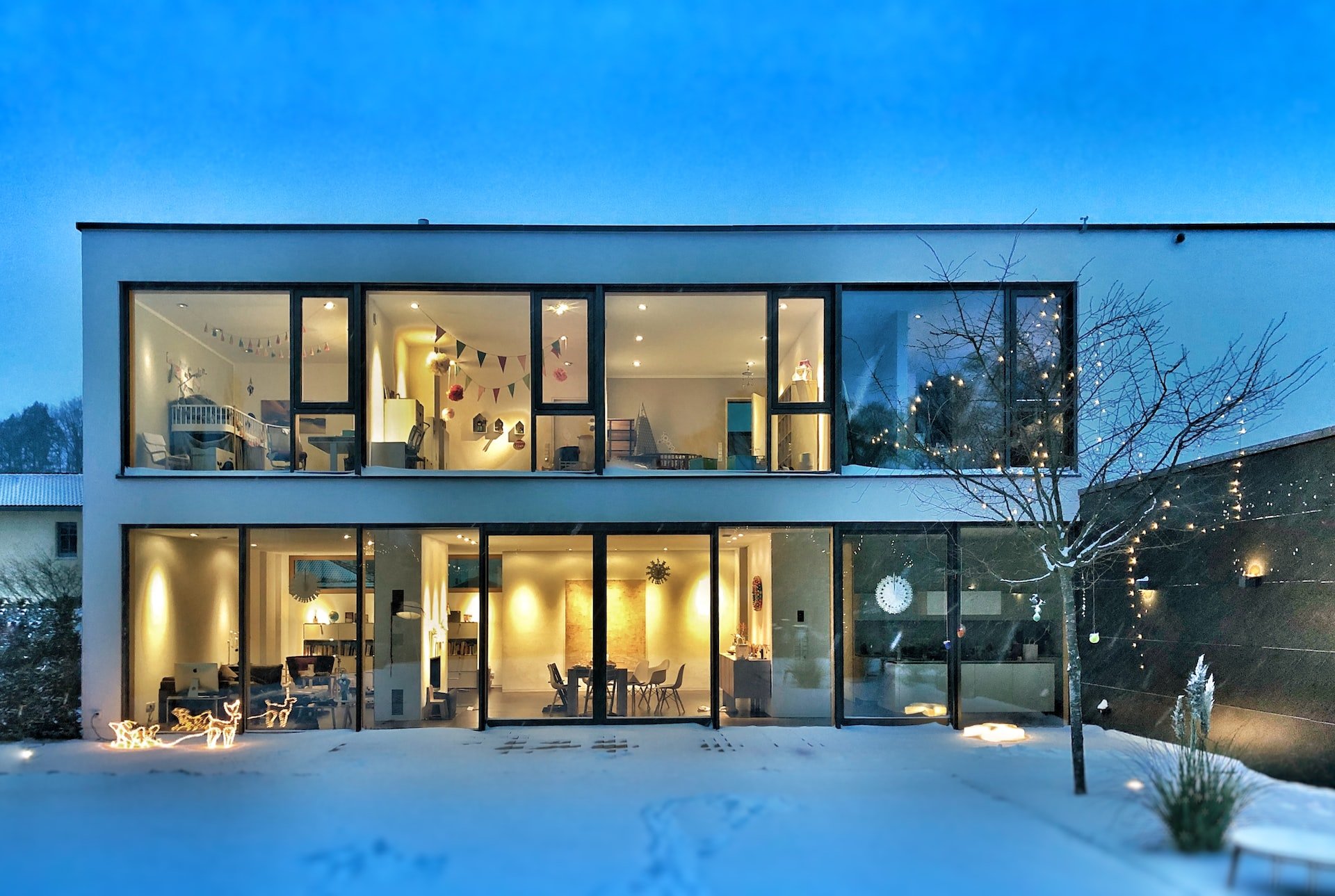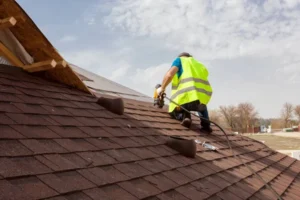If you happen to live in a part of the world that experiences cold winters, chances are you have experienced the difficulty of keeping warm even in your own home. Whether you must endure constant rain or the occasional snowstorm, getting through the colder months is much easier when your home is well-prepared. Take a look at some of these simple tips that will help you get your home ready for winter.
Flooring
If you have hard floors, consider laying rugs to help keep your rooms warmer. Carpets throughout the home are excellent additional insulation and are much more pleasant for feet to touch than cold wood or tiles.
Roof
Since heat rises, the quality of your roof is vital in retaining precious heat. If your roof has poor insulation or is broken, heat will escape and be wasted. Make sure that you complete any roof repairs before winter, so you don’t have to endure the cold any longer than necessary. Check that the insulation in your roof is adequate as well as the insulation in your ceilings.
Heating
When your home is properly insulated you can start concentrating on how to heat it. Many homes in colder climates are built to retain heat better than those in warmer locations; however, this doesn’t mean that their heating systems are always up to date or functional. Heating doesn’t need to distract from your home’s interior style, though. Check out www.warmrooms.co.uk where you can find unique radiator designs to match your tastes. You could also install a fireplace in the main room of your home to not only heat the place but also to create an attractive focal point.
Windows
Windows don’t just let light into your home, they can also let heat out. This is why windows tend to be much larger in parts of the world where it is mostly warm and sunny throughout the year and much smaller wherever there is frequent bad weather. If your windows were installed a long time ago, especially if you live in an older building, it’s unlikely that they are thick enough or of a high enough quality to retain your home’s heat. Gaps around window frames can also be the cause of heat loss, so having them fitted properly can save you a lot of energy and money.
Doors
Thin doors with gaps around the frame can also let heat escape, even if they are only interior doors. This is because smaller spaces are easier to keep warm and if heat is leaking into other parts of your home, then it will take much longer for you to feel the benefits of your heating. To combat this, you should consider keeping doors closed between rooms and having them refitted if they allow too much air underneath.
Preparing your home for winter might seem like a challenge at first, but once you have put in the initial effort you will quickly see just how much more bearable it makes the colder months.









